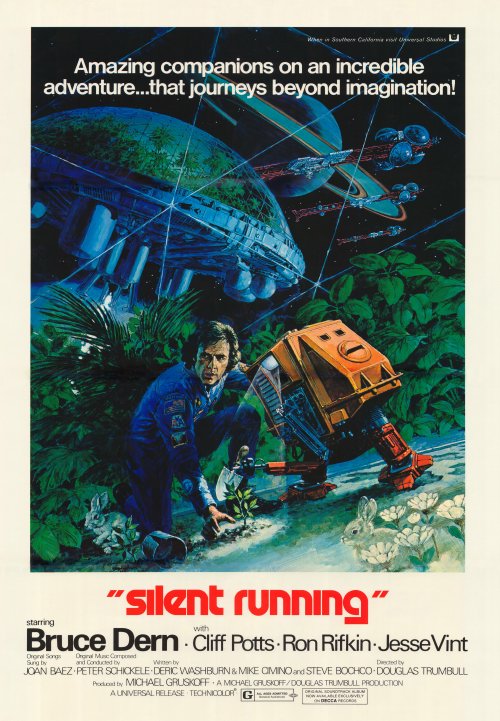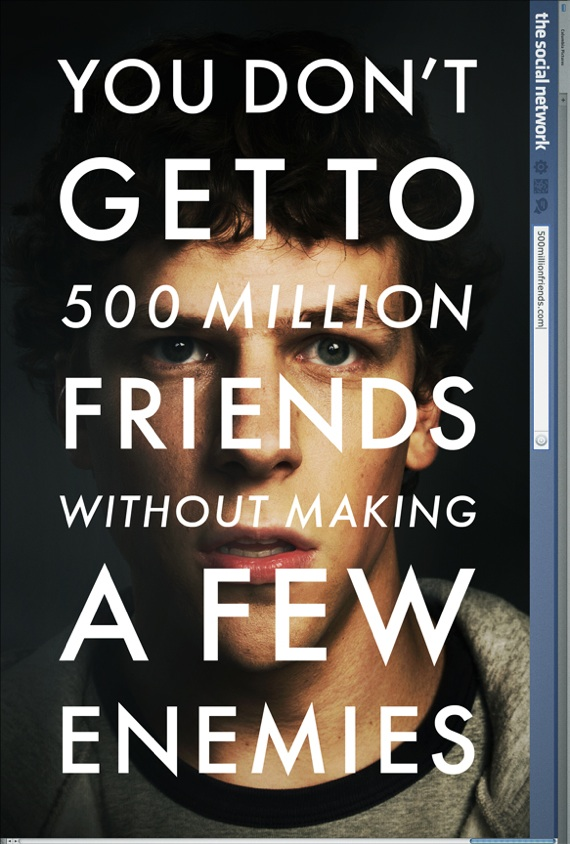Currently Reading
/ I have a feeling that my reading will become a little more convoluted in a bit when I have a couple of reviewer copies coming in, and with a couple of books on the docket right at the moment, with some others in the queue, I need to get my head straight.
I have a feeling that my reading will become a little more convoluted in a bit when I have a couple of reviewer copies coming in, and with a couple of books on the docket right at the moment, with some others in the queue, I need to get my head straight.
Battle: The Story of the Bulge, by John Toland
This is a definitive history of the Battle of the Bulge, one that I'm reading and referencing for the Battle of the Bulge project that I've been working on. I've also read through Gen. (RET) Ernest Harmon's Combat Commander and John Eisenhower's The Bitter Woods, which is yielding a lot of really good, detailed information on the strategic nature of the battle, but also some of the tactical elements as well. It's helping me fill in a number of blanks with some of the units that I'm currently researching. Toland's book is detailed, readable and very interesting.
Blackout, by Connie Willis
This is a book that I've had my eye on for a little while, and I bumped it up the list after trying - and failing - to get through Catherynne Valente's The Habitation of the Blessed. Keeping with the World War II theme, this story follows a couple of 2060 Oxford history students who have been going back in time to study various points. Things are starting to heat up a bit, and the book is moving along nicely. I can't wait to get further through it.
Matterhorn, by Karl Marlantes
This is lauded as one of the best books to come out about Vietnam ever. I met (and got to talk with) Mr. Marlantes when he was presented the Colby Award for the novel - it's awarded to an outstanding first work dealing with military matters, and it joins a prestigious group of books. It's based loosely on his experiences in Vietnam, and while it's a big book, I'm taking my time with this one, taking in the language and the story. It's quite something so far.
Welcome To The Greenhouse: New Science Fiction On Climate Change, edited by Gordon Van Gelder
This book is one that caught my eye and I'm set to review it once I finish it. It covers what I'm predicting will be the next wave or dominant theme of science fiction: global warming (along the same lines that the Cold War dominated science fiction) and while some of the stories here haven't been that great, there have been some outstanding ones. I think thus far, the anthology succeeds when the stories are well grounded in reality, and I hope that the stories coming up are like that.
Coming up after this batch of books are a couple of new books that came in yesterday: Catherynne Valente's Deathless and John Scalzi’s Fuzzy Nation, along with Jack Campbell’s latest addition, Dreadnaught, in his Lost Fleet series, as well as Spectyr, by Philippa Ballantine, all slated for reviews over the next month or so. Along with those, there are a couple of other books that I want to tackle after that: Ian M. Bank's Use of Weapons is one that's high up on the list, as well as William Gibson's Spook Country (and eventually, Zero History), as well as N.K. Jemisin's The Broken Kingdom. China Mieville's upcoming novel, Embassytown, is also high up there, with a number of good reviews already.
There's also a couple of non-fiction books that I'd like to get to. I need to get through to Footprints in the Dust, edited by Colin Burgess, about the Apollo 12-17 missions back in the 1970s, part of the Outward Odyssey series. I've fallen off that bandwagon for a little while as I read Ambassadors from Earth, and was put off by the horrid text, but this one looks like it'll interest me a bit more. I've picked up a couple of other books as well: John Keegan's First World War (A war I know precious little about), Thucydides, about the study of history and the upcoming Falling to Earth, by Francis French, about astronaut Al Worden.
There's a lot more beyond that, but it's a start.

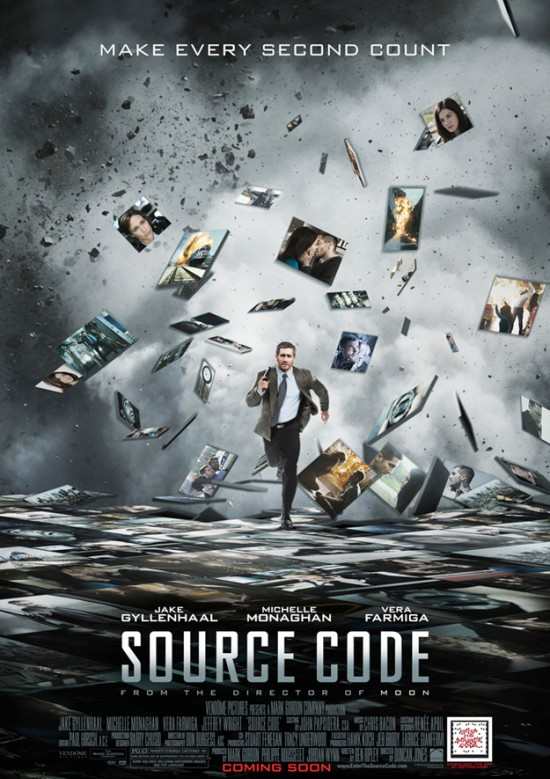
 If you like Space Opera, this will be the book for you: Leviathan Wakes, by author James A. Corey (a collaboration between Daniel Abraham and Ty Franck). Spanning much of our solar system, it's an epic story in a reasonably near future, with an excellently conceived of environment and a fun story that is both action packed and thoughtful. Leviathan Wakes is the embodiment of what good space opera should be: there's a bit of a scientific background that helps to inform the plot, but the focus of this story is on the characters and major events that blast the story forward.
If you like Space Opera, this will be the book for you: Leviathan Wakes, by author James A. Corey (a collaboration between Daniel Abraham and Ty Franck). Spanning much of our solar system, it's an epic story in a reasonably near future, with an excellently conceived of environment and a fun story that is both action packed and thoughtful. Leviathan Wakes is the embodiment of what good space opera should be: there's a bit of a scientific background that helps to inform the plot, but the focus of this story is on the characters and major events that blast the story forward. St. Patrick’s day is a good day to listen to one of my absolute favorite albums, Carbon Leaf’s Echo Echo. Released in 2001, this was one of my early introductions to the band, alongside their first major record label album, Indian Summer (also quite good). Amazon.com had released the album as a free download while I was in college, and the album became a regular on my rotation of songs on my iPod and computer playlists. Interestingly, it’s remained there since, and one of the few albums that I return to again and again.
St. Patrick’s day is a good day to listen to one of my absolute favorite albums, Carbon Leaf’s Echo Echo. Released in 2001, this was one of my early introductions to the band, alongside their first major record label album, Indian Summer (also quite good). Amazon.com had released the album as a free download while I was in college, and the album became a regular on my rotation of songs on my iPod and computer playlists. Interestingly, it’s remained there since, and one of the few albums that I return to again and again.


 Last year, finally picked up my first China Miéville book, The City and The City, and was blown away by the story and world building that set the story in such an interesting location. At the same time, I’d picked up his latest book, Kraken, which had promptly been picked up by my girlfriend, who’s urged me to read it since. Kraken turns out to have been a very different book from Miéville’s prior work, and was one that sucked me in with his elegant prose and fascinating take on an alternate, hidden London.
Last year, finally picked up my first China Miéville book, The City and The City, and was blown away by the story and world building that set the story in such an interesting location. At the same time, I’d picked up his latest book, Kraken, which had promptly been picked up by my girlfriend, who’s urged me to read it since. Kraken turns out to have been a very different book from Miéville’s prior work, and was one that sucked me in with his elegant prose and fascinating take on an alternate, hidden London.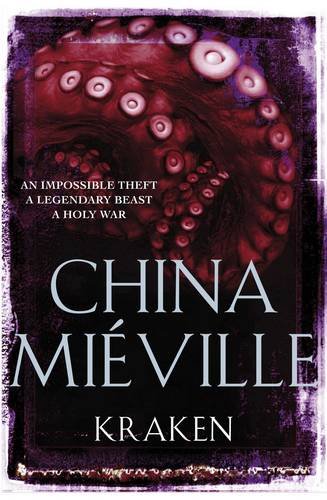


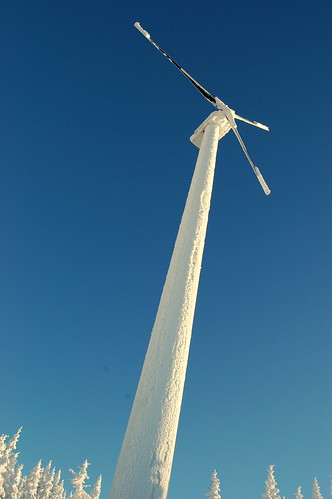

 Six years ago, a NASA space probe returned to Earth, carrying with it alien life. When it crash landed in northern Mexico, and alien life forms spread throughout the country, prompting United States and Mexican authorities to quarantine the region to contain their spread. When a photographer is asked to bring his employer's daughter back to the United States, they have to travel through the infected zone to reach safety. The film is a stunning, beautiful, and understated movie that surprised me all the way through to the credits.
Six years ago, a NASA space probe returned to Earth, carrying with it alien life. When it crash landed in northern Mexico, and alien life forms spread throughout the country, prompting United States and Mexican authorities to quarantine the region to contain their spread. When a photographer is asked to bring his employer's daughter back to the United States, they have to travel through the infected zone to reach safety. The film is a stunning, beautiful, and understated movie that surprised me all the way through to the credits.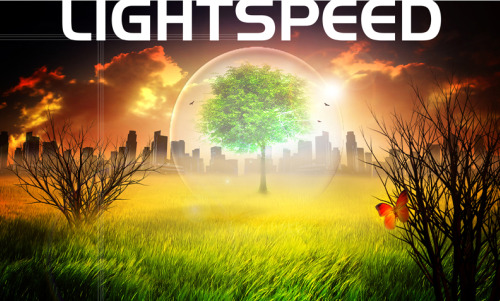
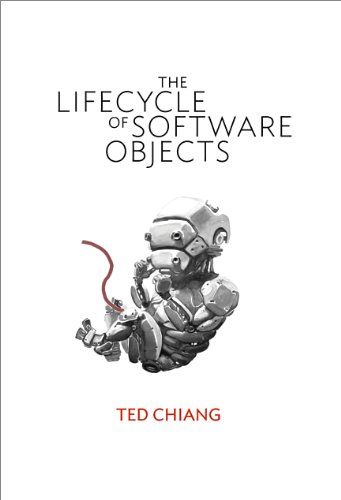 Ted Chiang's longest work to date, The Lifecycle of Software Objects, is a fascinating story that takes a bit of a new look at how an artificial intelligence might develop. The story is understated, quiet and humble, but is exciting and touching at the same time. This was a story that I absolutely devoured in a single sitting that stretched late into the night, something that rarely happens with any story.
Ted Chiang's longest work to date, The Lifecycle of Software Objects, is a fascinating story that takes a bit of a new look at how an artificial intelligence might develop. The story is understated, quiet and humble, but is exciting and touching at the same time. This was a story that I absolutely devoured in a single sitting that stretched late into the night, something that rarely happens with any story.
 Suzanne Collins' The Hunger Games one of the latest young adult novels that's made a huge splash. The book's trilogy has recently finished up with Mockingjay, and a movie is currently in the works. Young adult fiction is experiencing a boom right now, with a lot of attention paid towards the genre since Harry Potter reinvigorated things over the last ten years. Even more for the books, a number of the recent hits steer very closely towards the
Suzanne Collins' The Hunger Games one of the latest young adult novels that's made a huge splash. The book's trilogy has recently finished up with Mockingjay, and a movie is currently in the works. Young adult fiction is experiencing a boom right now, with a lot of attention paid towards the genre since Harry Potter reinvigorated things over the last ten years. Even more for the books, a number of the recent hits steer very closely towards the 